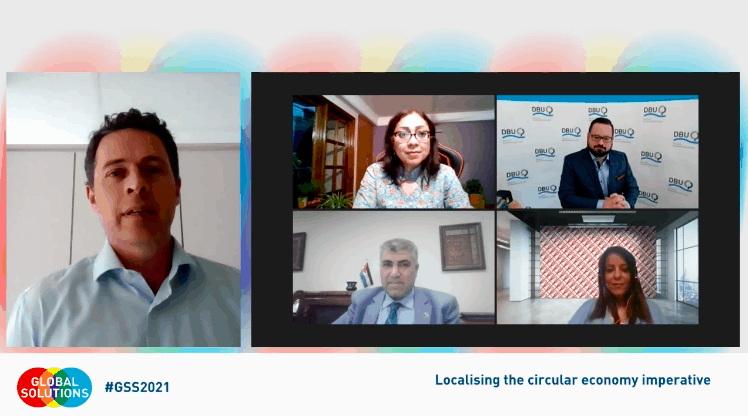Resource extraction and consumption is expected to double by 2060, driven by global population and GDP growth. Such a development trajectory will accelerate environmental degradation and biodiversity loss while exposing the shortcomings of our linear ‘take, make, dispose’ model of production and consumption. A circular economy, as a means to decouple economic growth from resource use and negative environmental impact, can become an avenue for a resilient and sustainable post-Covid-19 recovery. An appropriate mix of actionable policies can facilitate and accelerate the transition to a circular economy: sustainable product guidelines, empowerment of consumers and public buyers, enhanced waste prevention initiatives, incentives for the promotion of green technologies. Localising the circular economy would help concretely address challenging environmental, economic, but also social trends and challenges. Building on the immense potential for social and environmental technology innovation in urban areas, circularity can induce deep systemic changes in the economy and contribute to increased resilience in supply chains. A territorial approach to the circular economy transition can also benefit from a multilateral imperative for effective policy, performance monitoring, and regulatory frameworks to implement change beyond goodwill and self-assessments, as the interconnectivity of trade flows and geographies across the globe calls for combined local and global responses. On the panel, a group of distinguished experts will discuss practical examples and implementation experiences promoting a circular economy. Bringing in knowledge from various countries and fields, the panel will highlight recent trends and developments and enable the audience to broaden their perspectives on the circular economy transition.






